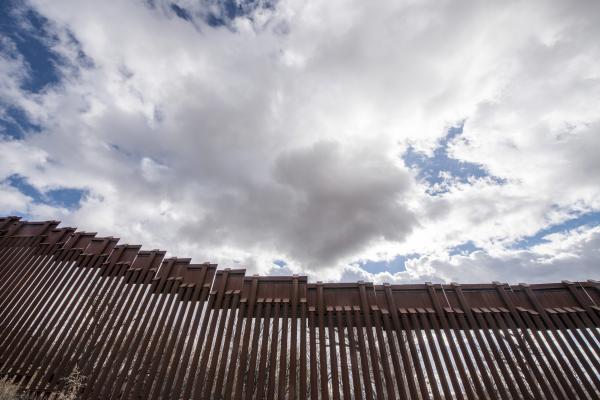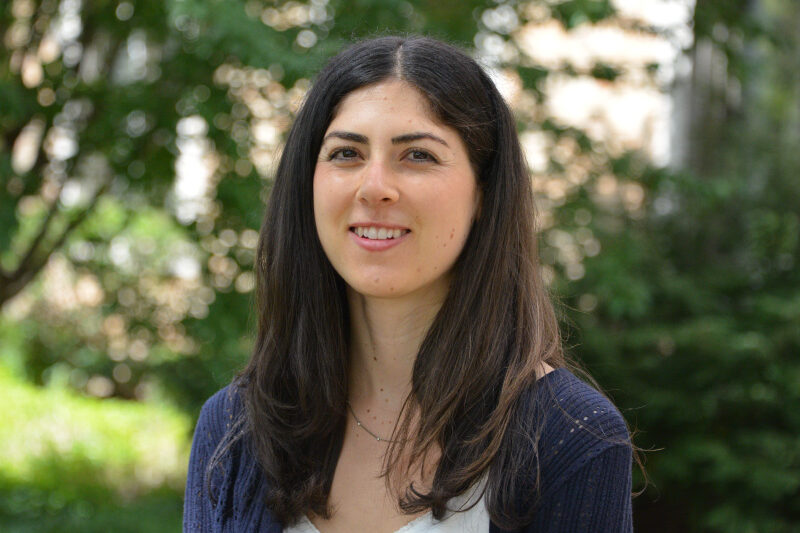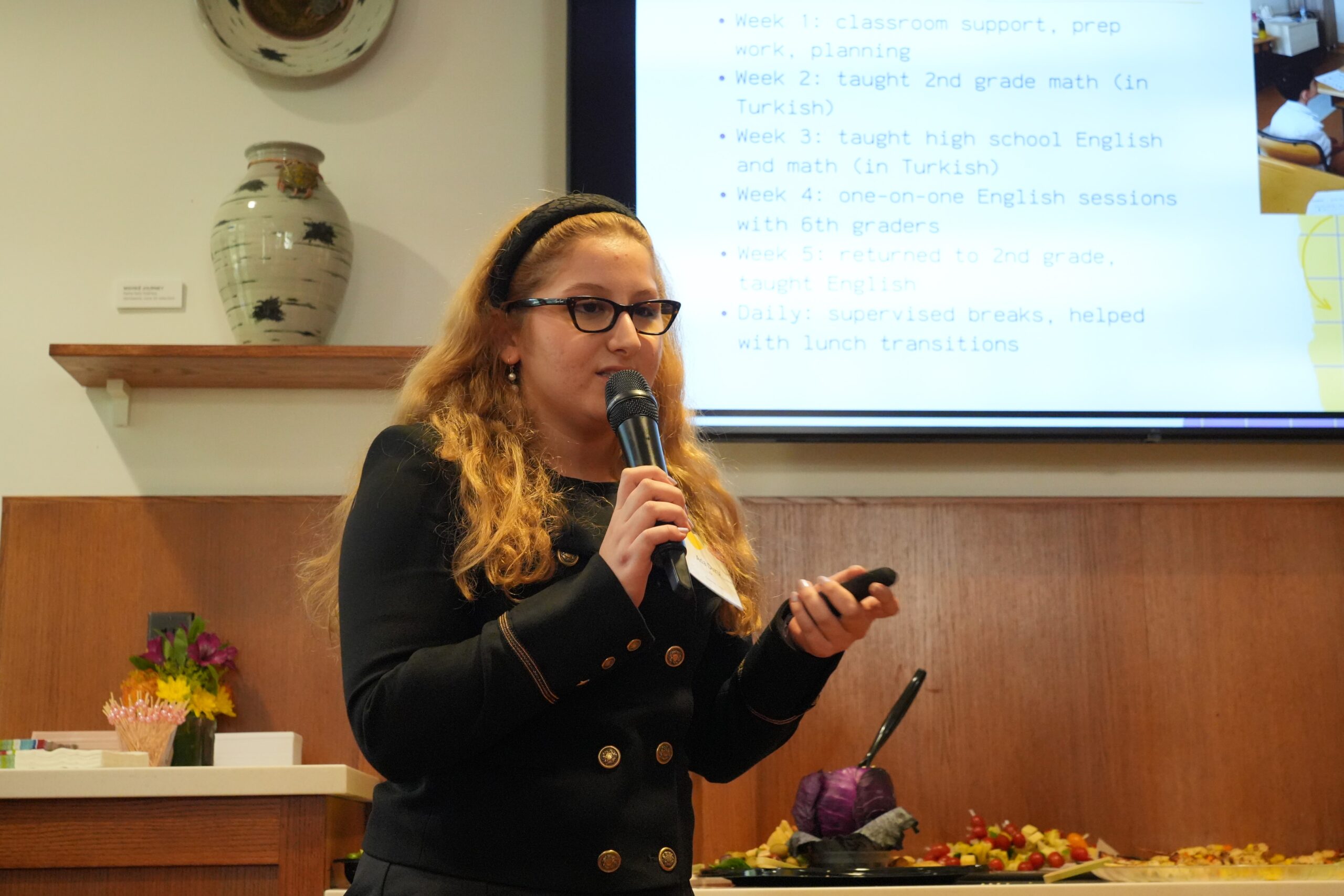Undergrad research shows understanding trauma key to developing better solutions for those seeking asylum
May 5, 2023

This May, 43 graduating seniors will complete capstone projects addressing topics connecting their field of study to questions of justice––food insecurity, mental illness, sustainability, and more. These students are a part of the center’s two minors: the Poverty Studies Interdisciplinary Minor (PSIM) and the Catholic Social Tradition Minor. These two programs are just one of the many ways undergraduate students are completing research at the center that assesses and develops creative solutions to what they see to be the most critical social issues of the day. One of these is Jack Knott ’23, a biology major and PSIM student, who is just days away from completing a project that, in some regards, has been in the works for years.
Knott was first introduced to the Viator House of Hospitality as a high school student when he went with a group to the US-Mexico border to learn more about the asylum system with Fr. Corey Brost, C.S.V., the executive director of Viator House. From there he began volunteering at Viator House through high school and completed the Shepherd Higher Education Consortium on Poverty internship at the organization. The organization is, in the most basic sense, a home for young men who have entered the United States seeking asylum alone. Unlike other organizations that provide resources to immigrants, Viator House utilizes a holistic approach that recognizes the toll placed upon these young men through their experiences. This is where Knott’s research comes in, which addresses the prevalence of trauma among such asylum seekers and the role multi-layered programs like Viator House can play. Knott’s research sets up the problem by describing in detail what happens to the body in stress, and the long-reaching effects of trauma such as increased risk of heart disease, diabetes, mental illness, and cancer.
While many seeking asylum alone in the US are hoping to leave detrimental situations, Knott notes that they instead experience what is called the triple trauma paradigm: “the trauma at home that prompts their flight, the trauma they experience on their journey, and once they get here, the trauma of being placed in federal custody.” For this reason, Viator House has built their work around trauma-informed care, ensuring things like safety, community, and an environment that centers hope alongside resources such as career development and case management.
Increasing awareness of the situations asylum seekers face when entering the US and the prevalence of trauma is, for Knott, a call for a much better system. “It’s important to understand the implications of the effects of trauma over a lifetime. Changes to organs and how cells function can lead to diseases later in life. An understanding of neurobiology and trauma provides an argument for why we should reevaluate the current policies in place that exacerbate the trauma asylum seekers have faced, and it offers insight into interventions that are needed,” Knott said. Viator House, for him, provides a hopeful model for how the US could better welcome traumatized individuals coming to our country seeking legal relief.
Related Stories
-
ReSearching for the Common Good: Solbee Kang
-
Bridging worlds through art—Kyla Walker joins institute as international poetry justice fellow
-
The power of encounter—RISE Hometown prepares incoming students for learning in service of justice at Notre Dame
-
The beauty of everyday democracy—Institute convenes scholars, practitioners, Luke Bretherton for democracy conference
-
Catalyzing collaborations with South Bend citizens for the common good—Institute launches South Bend Citizens Collaboratory





